One of the most interesting aspects of the Tokyo International Film Festival is their TIFF Ethical Film Award. It was launched in 2023 with the aim of raising awareness about social issues such as the environment, poverty and discrimination, and understanding of diversity through film. It’s exciting because it draws attention to role that films play, not just in expanding our view of the world, but also in the power they have to influence, even change, our understanding of it. To our knowledge, there is no other film festival in the world with an award like it.
This year, the festival appointed actor/director Takumi Saitoh as president of the jury, along with three members of the TIFF Student PR Team: Wakuto Sasaki from the University of Tsukuba, Rin Nawai from the International Christian University, and Hana Kawano from Keio University. It is a decision that we found to both unique and exciting, because it actually falls in line with the guiding philosophy of such an award to involve the next generation.
The 2024 winner of the TIFF Ethical Film Award was Mati Diop’s Dahomey. The documentary blends fact and fiction to narrate the stories of 26 African artworks from the Kingdom of Dahomey, taken to France during colonization. Displayed in the Musée du Quai Branly in Paris, they were later returned to Benin after a repatriation campaign. The film features discussions by Abomey-Calavi University students on cultural asset repatriation, with some criticizing the return of only 26 out of 7,000 objects. A voice-over by Haitian writer Makenzy Orcel represents the thoughts of a statue of King Ghézo, reflecting on its journey back home.
When were were at the Tokyo International Film Festival, we sat down with the jury of this year’s TIFF Ethical Film Award for a conversation about the importance of this unique endeavor.
*The following interview has been edited for length and clarity.
Umapagan Ampikaipakan: Let’s talk about the Ethical Film Award. I was looking it up and I don’t believe any other film festival in the world has anything like it. As members of the Jury, what does it mean to be a part of something so pioneering?
Takumi Saitoh: “Ethics” is something that everyone around the world is concerned about. It’s kind of becoming the rule of contemporary times. Which is why we wanted to set up this genre of ethical film and nurture it for the future. And so, maybe there isn’t much to say yet about being a pioneer, but I think we’ll know the impact of this as we continue to do it in the years to come.
But I have a question for you. I would like to know what you think of this ethical award being launched as part of a film festival?
UA: Oh, I think it’s great. During the awards presentation, there was a lady in the audience who asked the question, “What can we do as members of the audience? What can we do regular people to make a difference?” And I think that’s what you want to inspire. A lot of people watch movies as pure entertainment and then don’t really spend a lot of time thinking about it afterwards. It’s merely a form of escape for them. But I think when you do something like this, then you inspire them to think about what they’ve just seen. It makes them think that buying a movie ticket can make a difference.
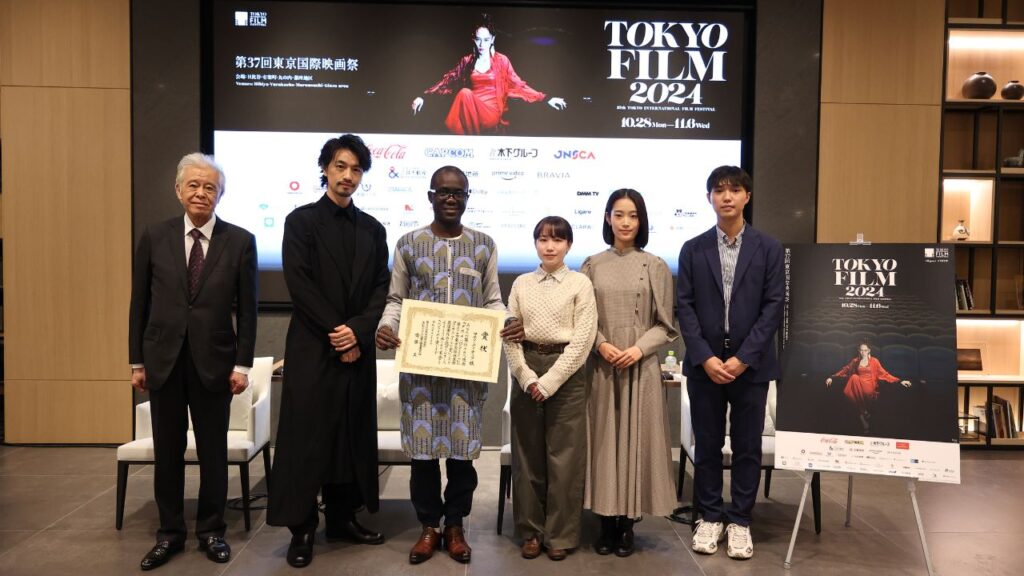
UA: A question for the youngsters among us. It’s very rare that young people and students get to be on juries. Your opinions aren’t often heard in this context and I’ve always felt that it’s an important voice that is missing from the discourse. What was this experience like for you?
Rin Nawai: I feel that this was a good opportunity to think about the significance of what a film festival can be. And in choosing this film we were thinking about how it goes into society and how it affects people. I think that having an award winning film has a lot of significance, not just in TIFF, but also maybe in other film festivals as well.
Wakuto Sasaki: So being a student and a jury member is quite a challenging thing. But to be given this opportunity is such an honour and I’m very grateful. But I think there are many reasons why we were chosen. Not just for the student perspective, but maybe because of the youth perspective as well.
Personally, for me, it was a great experience. And I’m hoping that the film festival will continue doing challenging things like this in the future.
Hana Kawano: Honestly speaking, I thought film festivals were events for adults. So being one of the jury members as a student, felt like the adults were reaching out for us and guiding us. As students, there is a limit to what we can do, and so having this cooperation was such great support and encouragement for us.
For example, there is a section at the festival where they screen movies made by junior high school students, and we got to watch them. And so these junior high school students were there, and they went up on stage, and their faces were shining brilliantly. And they spoke about what was great about this movie, and that movie, and why they created movies. And, they were so, bold and daring when they made their presentations. And it was so great that these young students were able to participate in the film festival in a proactive way.
UA: And you get to work with Saitoh-san, which is very cool!
RN, WS, HK: *Laughs* Yes, of course!
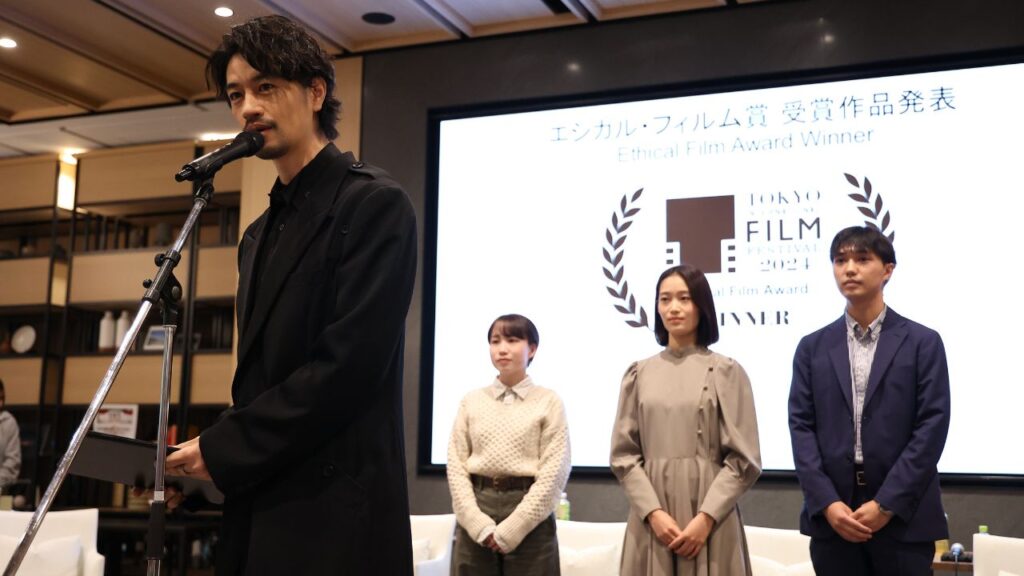
UA: Saitoh-san, I wanted to ask you about the work you do with independent theaters. Can you talk to me about the importance of “mini theaters” in Japan and the impact they have on audiences, both young and old?
TS: About 50 years ago, we had all of these “mini theaters” in Japan. As much as we have temples in Japan. And having these local theaters weren’t just for screening movies, but they were also a hub for people to get together. It was for the whole community. It was how a sense of community was generated among people. They had that function.
Nowadays, there are fewer and fewer of these theaters. The ones that remain have survived everything. Changing behaviors. The pandemic. Despite all of that, they are still there. It was during Covid that we realized how much we filmmakers were being nurtured by all these “mini theaters.”
And so, I started to work with all of these “mini theaters,” utilizing social media to try and connect all of them. it is.a project that has given them new life. This connection has resulted in smaller film festivals that are built around these “mini theaters.” And everything has really been expanding from there.
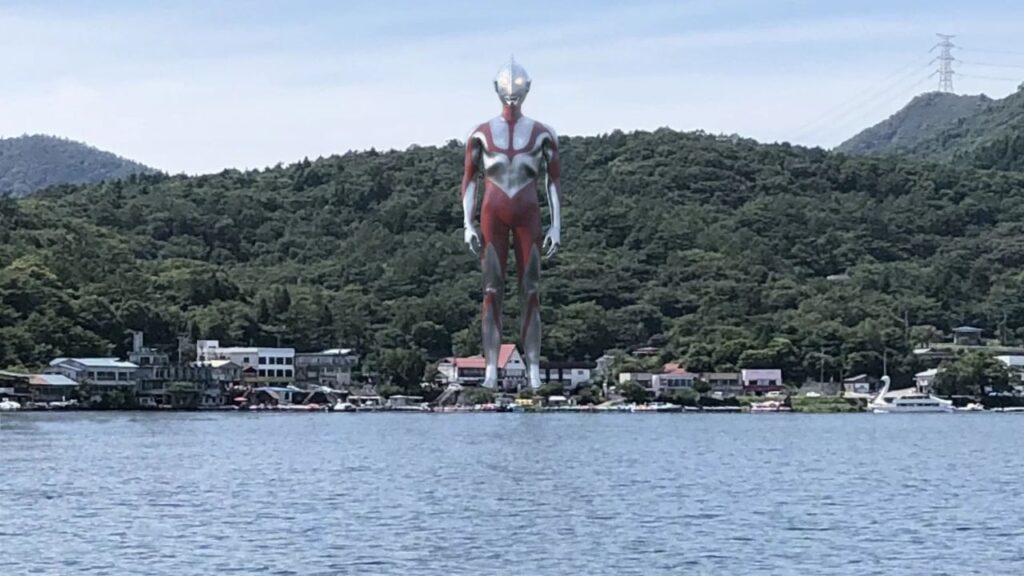
UA: I’ve got one more question for you. My readers will not forgive me if I don’t ask you about Shin Ultraman. The Ultraman character is so iconic. The franchise has had such longevity. As an actor, when you were asked to do something like that, do you immediately say “yes,” or is there some apprehension?
TS: So, the actors who play the part of these Japanese heroes are usually in their late teens or early 20s. I was already past 30 when I met Hideaki Anno-san. And I thought that I didn’t really exist in his world. But then I found out later that he had spent four years writing a story that included me. And that story was Ultraman.
My father was actually in filmmaking. He was involved with Ultraman Taro. He was actually in charge of the explosives that were utilized in that show. So I actually felt like I had a destiny with Ultraman.
Hideaki Anno didn’t just want to reboot Ultraman. He wanted to go back to its roots.
There is an art designer called Toru Narita. He was responsible to designing Ultraman and also the kaijus. And in his first design, there was nothing on Ultraman’s chest. And it was because of the time limitations of television that they created the three minute timer.
There was actually a lawsuit between Narita-san and Tsuburaya Productions with regards to the ownership of the Ultraman design. Anno-san really respected Narita-san and wanted to use his original design for Ultraman. And when Narita-san passed away, the lawsuit was dropped, and the relationship between his estate and Tsuburaya Productions got better, and Anno-san got to fulfill his objective.
I understood what Anno-san was trying to achieve. And so, even that this age, I wasn’t embarrassed to be playing one of these heroes. I was in complete alignment with both Hideaki Anno and Toru Narita’s vision and what they wanted of the character.

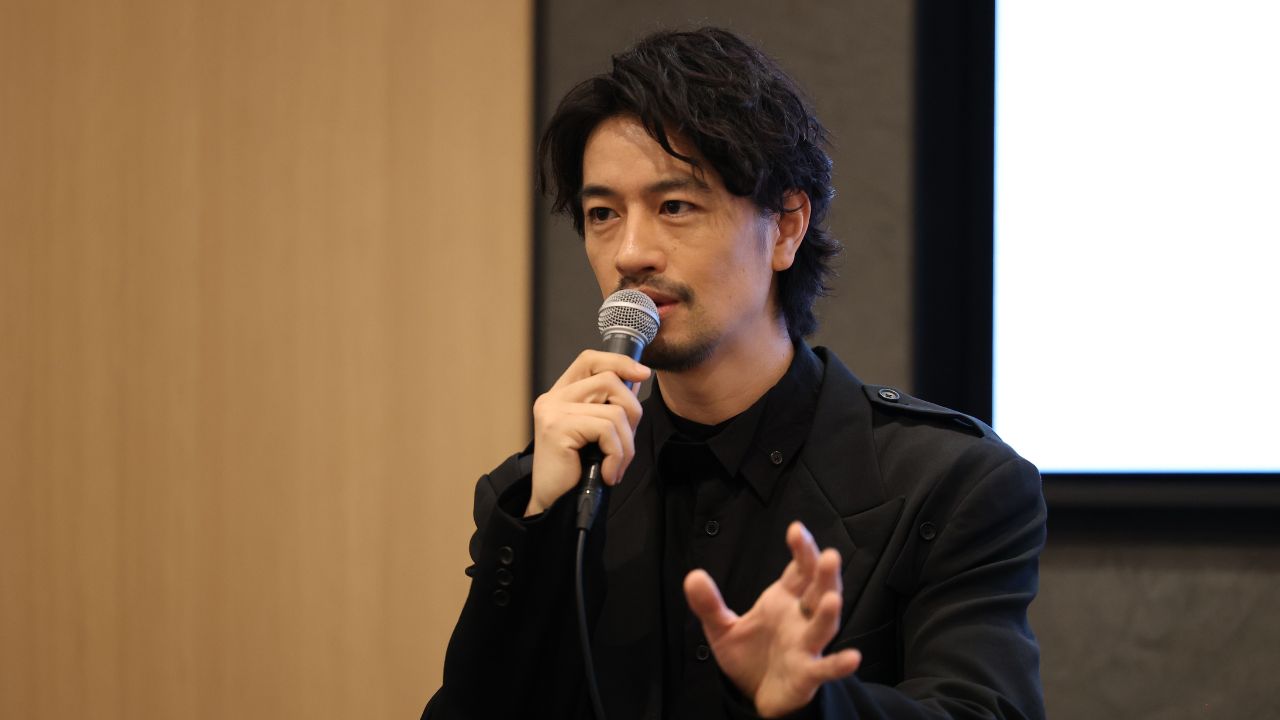

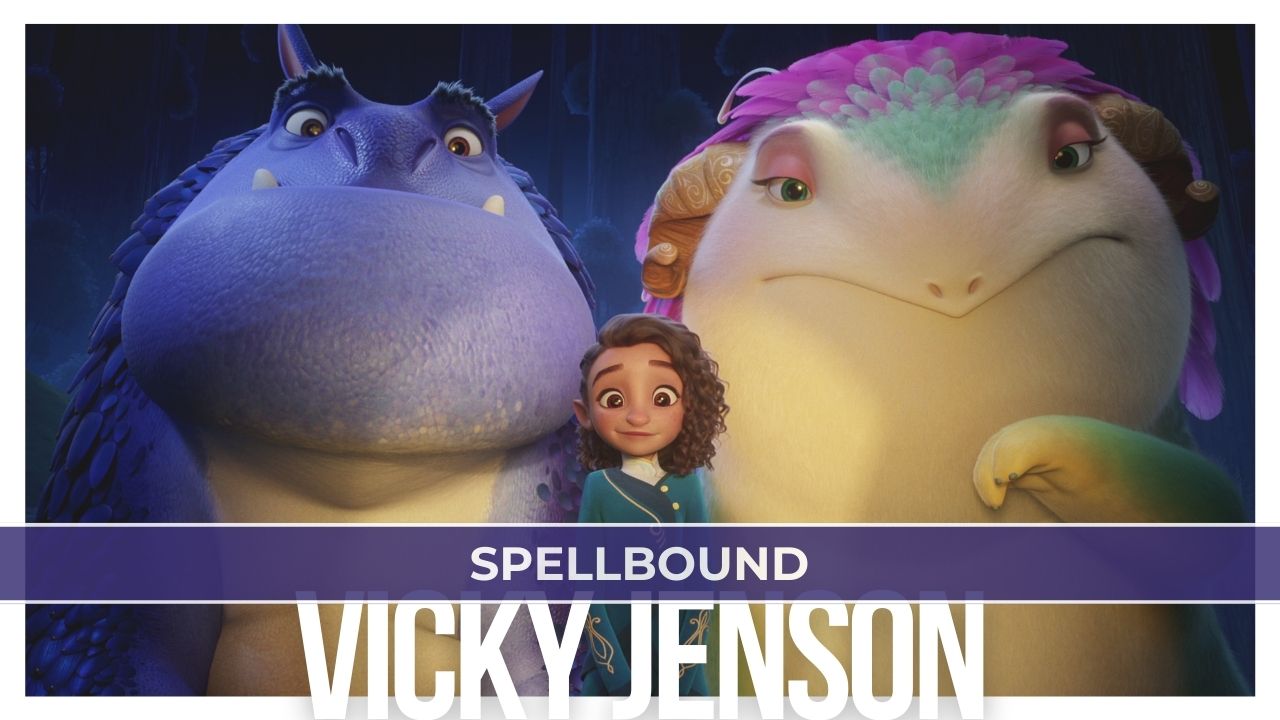


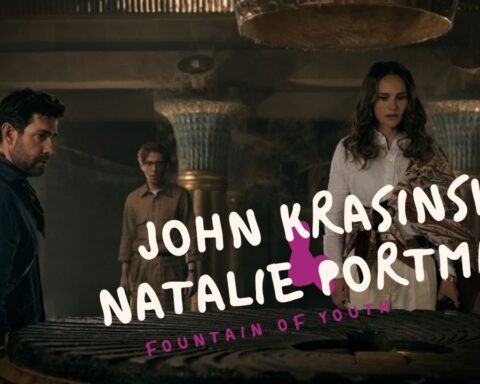
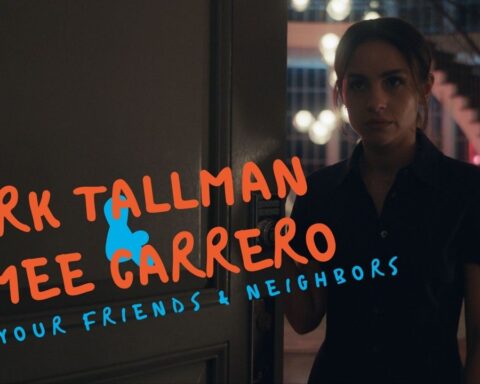
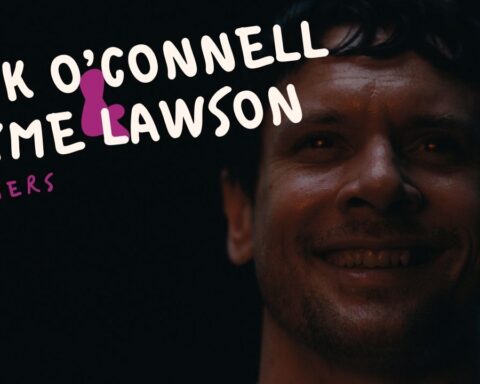
Follow Us